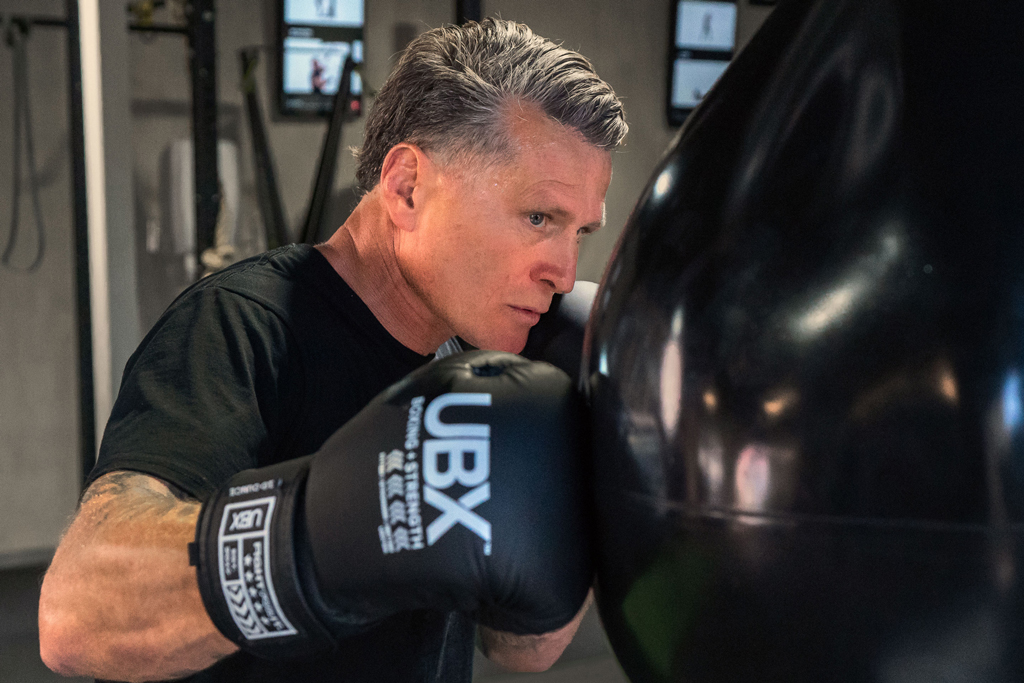Post-exercise recovery is a crucial component of our training program and will help us with achieving long term results. Muscle repair and recovery enables us to recharge our body’s battery, ensuring that we are ready for our next workout in a rested state, and be able to function at our peak.
It is important to implement some strategies post-training to ensure that you are getting adequate rest:
Passive Recovery – Ensure that you plan out certain days of the week to completely rest your body and allow for your muscles to repair.
Active Recovery – Integrate days of lower intensity physical activity to decrease stress in the body and allow for muscle tissue repair.
Soft-tissue Therapy – Recovery through myofascial release, massage, yoga and stretching will decrease chances of injury and will ensure you stay nimble, functional and mobile whilst training, and may also help with speeding up muscle recovery and can decrease feelings of muscle soreness.
Nutritional Recovery – Consuming protein post-training and ingesting wholesome, antioxidant rich foods will help to replenish your body after challenging workouts, whilst magnesium rich foods will aid recovery. Foods that are rich in magnesium include nuts, seeds, fruits, vegetables and wholegrains.
Sleep – When we sleep our body releases hormones and growth factors which are essential for repair and muscle adaptation. Our workouts are only half of the picture, the other imperative stage of changing our body composition and physiology occurs while our body is at rest. Getting quality sleep for 8 hours a night plays one of the most significant roles in optimising physical performance.

TRY & ESTABLISH A BEDTIME ROUTINE
Establishing a bedtime routine will help you to calm and relax the central nervous system. This can be achieved by cutting yourself off from activities that can interfere with a good night’s sleep.
GAME PLAN EXAMPLE
- 6 hours before bed: stop drinking caffeine
- 3 hours before bed: stop exercising
- 2 – 3 hours before bed: finish eating dinner
- 1 hour before bed: stop working or studying
- 1 hour before bed: turn off all electronics






